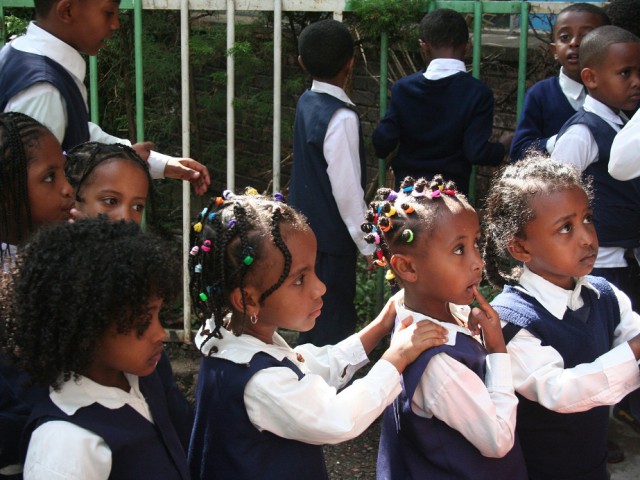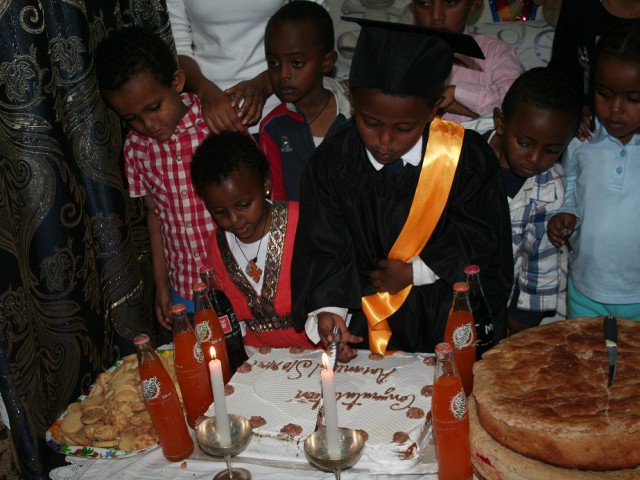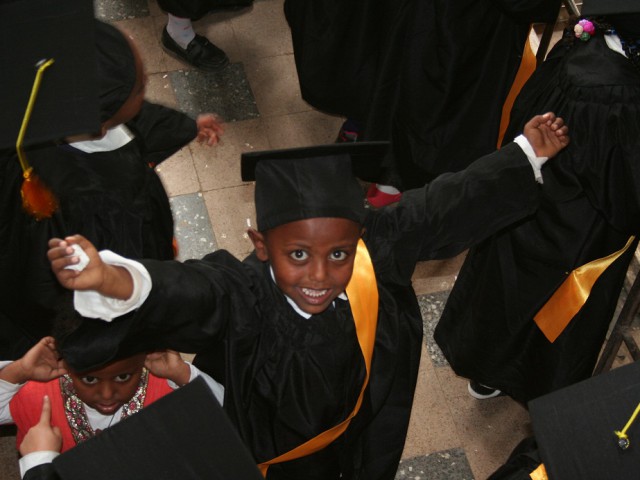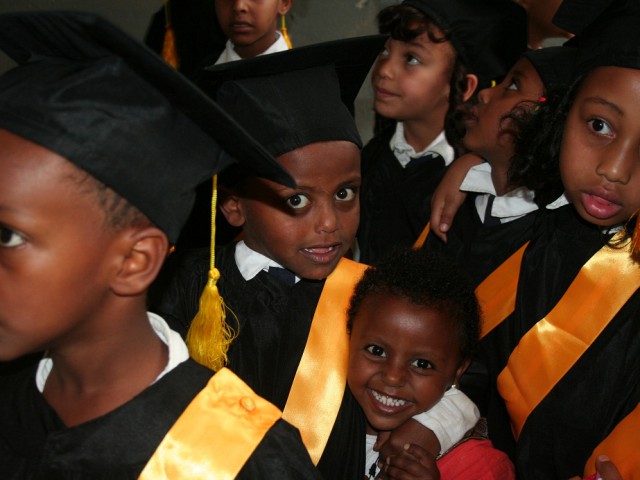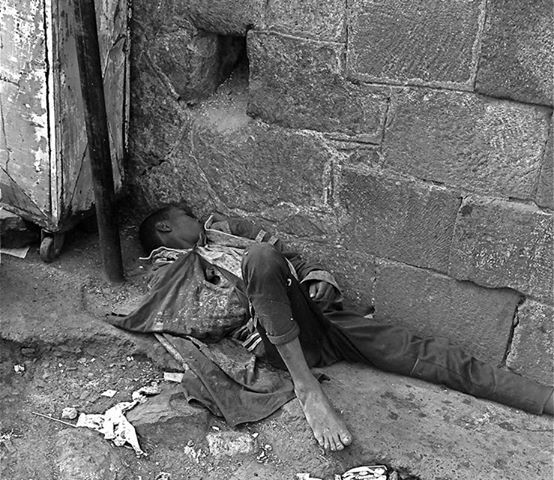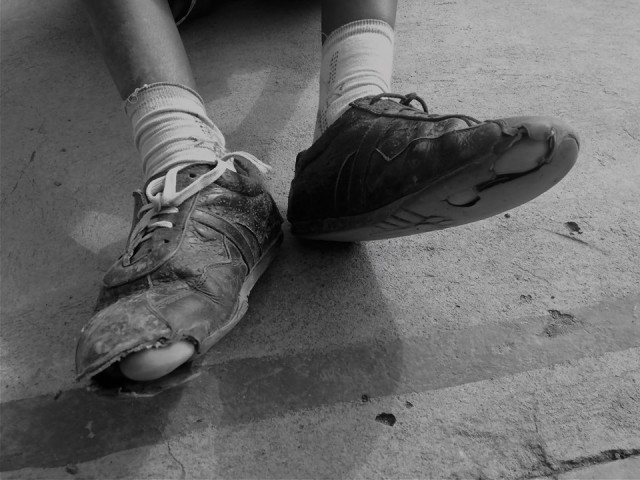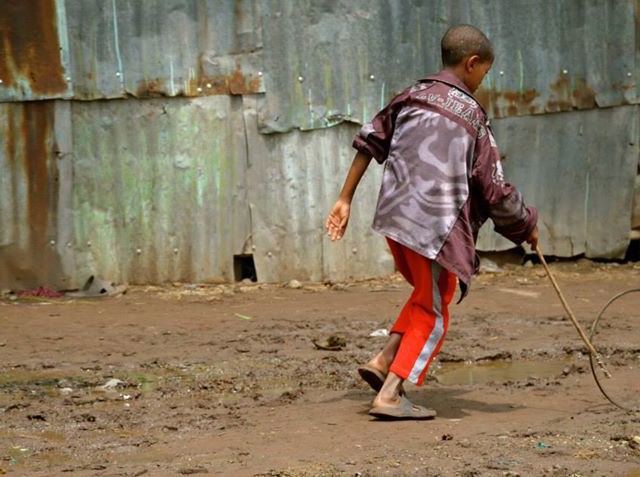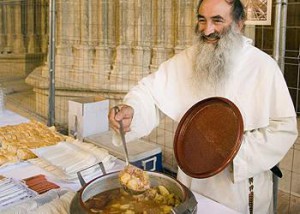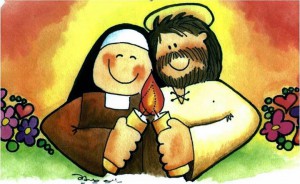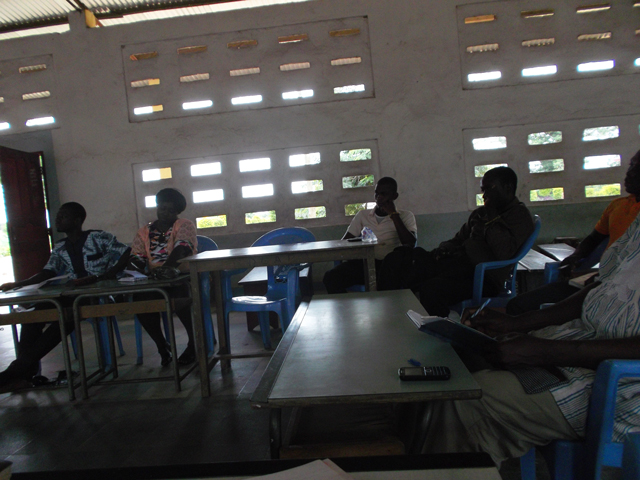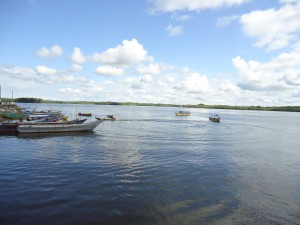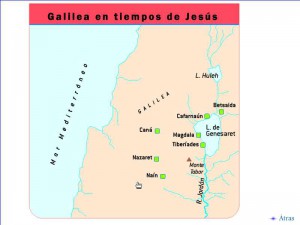A commentary on Mk 5, 21-43 (XIII Sunday OT: June 28th 2015)
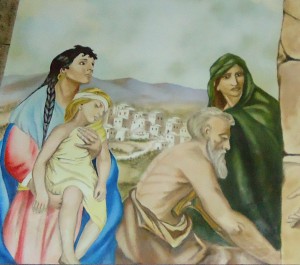 We read today Mark’s chapter five, in which we continue watching Jesus on both sides of Galilee lake with a clear message of God’s nearness to the poor and those with a “broken heart”; a message that is conveyed, not only in inspiring words, buts also in concrete gestures that confirm the words and give them a kind of “physical” consistency. Jesus performs what we can call “messianic signs”, that is, concrete actions that reveal God’s presence among his people from both “sides” of the lake: Gerasa and Capharnaum
We read today Mark’s chapter five, in which we continue watching Jesus on both sides of Galilee lake with a clear message of God’s nearness to the poor and those with a “broken heart”; a message that is conveyed, not only in inspiring words, buts also in concrete gestures that confirm the words and give them a kind of “physical” consistency. Jesus performs what we can call “messianic signs”, that is, concrete actions that reveal God’s presence among his people from both “sides” of the lake: Gerasa and Capharnaum
From “impure” to God’s children
In today’s Reading we are told about the story of two women (a twelve year old girl and a grown up woman who has been sick for twelve years). In spite of being impure (as a dead body or as someone loosing blood), both are touched by Jesus and they are restored, not only to live, but also to their dignity as God’s children, able to rise up (“Get up”), to believe (“Your faith has saved you”), and to share in the banquet of life (“Give her something to eat”).
Some people may look at this episode as if Jesus were a magician, with special powers, able to produce magic effects… Certainly I have no doubts about Jesus’ power. But I do not think that this is the right perspective to understand what happened in the river of Galilee Lake or what it continues to happen with many believers today. The right perspective is to consider this and other episodes as “messianic signs”, that is, actions and gestures that flow out of two fundamental elements:
–The extraordinary capacity that Jesus has to love and be in communion with people in their concrete situations, beyond and in spite of traditional taboos; to be in deep and close relationship with people, taking very seriously the reality of each person; to communicate to others his own experience of the Father’s loving nearness. As Benedict XVI says, only love redeems. When somebody is loved, he or she recovers the dignity and becomes able to rise up and have full live.
– The faith of humble people, who, threatened by sickness and death, raise their hearts and their hopes to God as their last refuge. In my missionary live in Africa, Europe and America, I have met quite often people like the dad of that twelve years old girl o that woman in despair because of a humiliating sickness.
Before such situation of distress, people look for any kind of possible help: medicine, prayer, advice… anything that can be a ray of hope. Many people rebuke them, scoff them, pity them… But they need to be taken seriously and respected in their anguish and hope. This is precisely what Jesus does: from his deep experience of communion with the Father he is able to be in communion with those God’s children who are crossing a sea of difficulties and despair and having doubts about their own value and dignity.
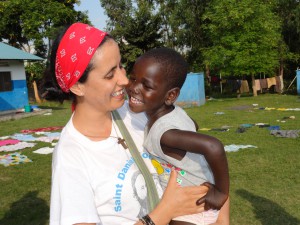 Word and action
Word and action
All human beings, included those who appear most self-assured, are feeble creatures exposed to sicknesses, suffering, despise, dangers and, after all, death, even if a miracle expands our limited time of existence. That’s why I do not think that the objective of Jesus’ miracles was to extend for a while our live, but an altogether different live, marked by the confidence in a real, dignifying and fruitful God’s love. After Jesus “sign” to them, the two women we see in today’s reading could say truly: “I am important for Jesus, I am important for God, I am important for the community of Jesus’ friends. What is important for me is not that I am sick, but that I am a GOD’s CHILD.
This is the central message given by Jesus. And to pass it out to people, He uses words and “messianic signs” that appear in a double quality:
–They are quite concrete and practical, related to the real life of people; they are a concrete help to solve a concrete problem of people’s life.
–They go beyond their concrete effect: even if they are quite material, they are more than that: they communicate something very especial about the person, empowering her to get up, enjoy life and become a helper to others
That is why the Christian mission, following the steps of Jesus, walks always on this double principle: word and action, faith and charity, material and spiritual. Both dimensions are essential and recall each other: word without action degenerates in lie; action without word misses its saving meaning.
Fr. Antonio Villarino
Roma




